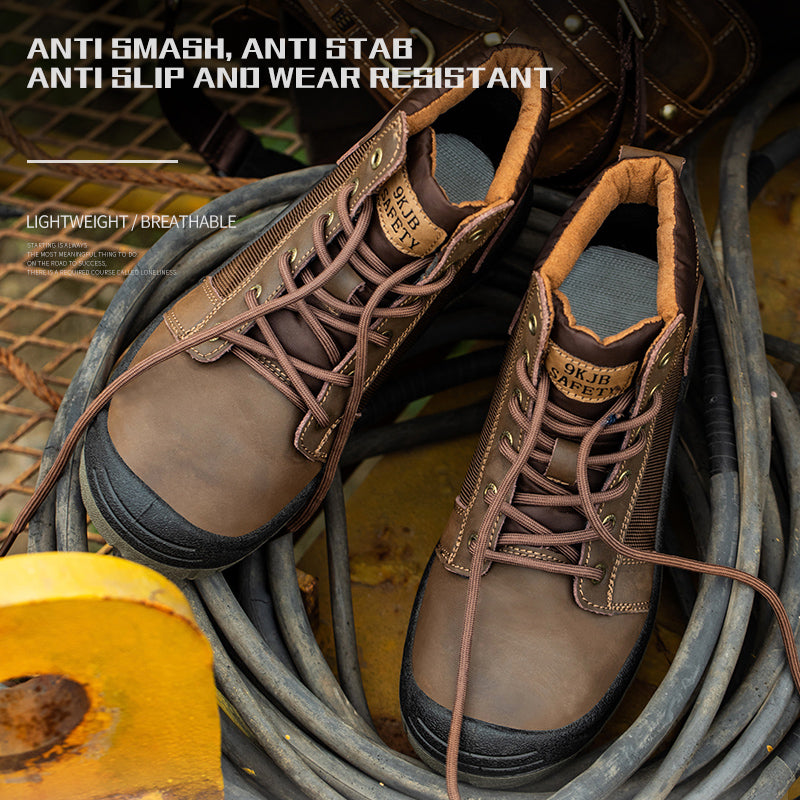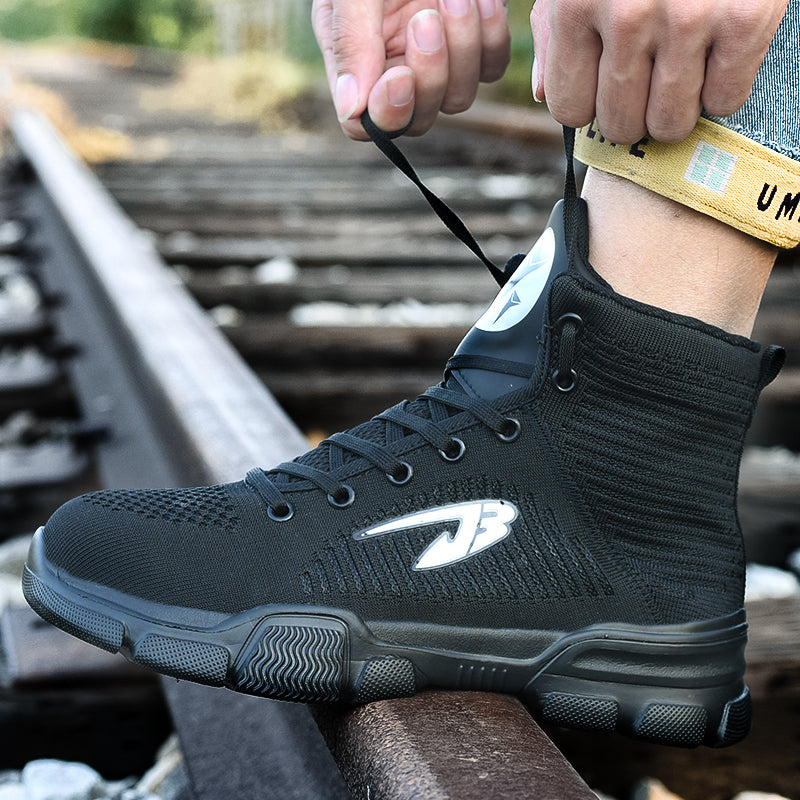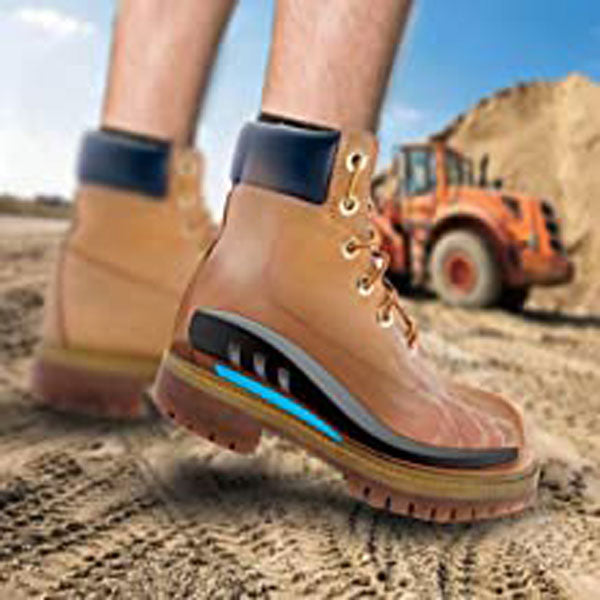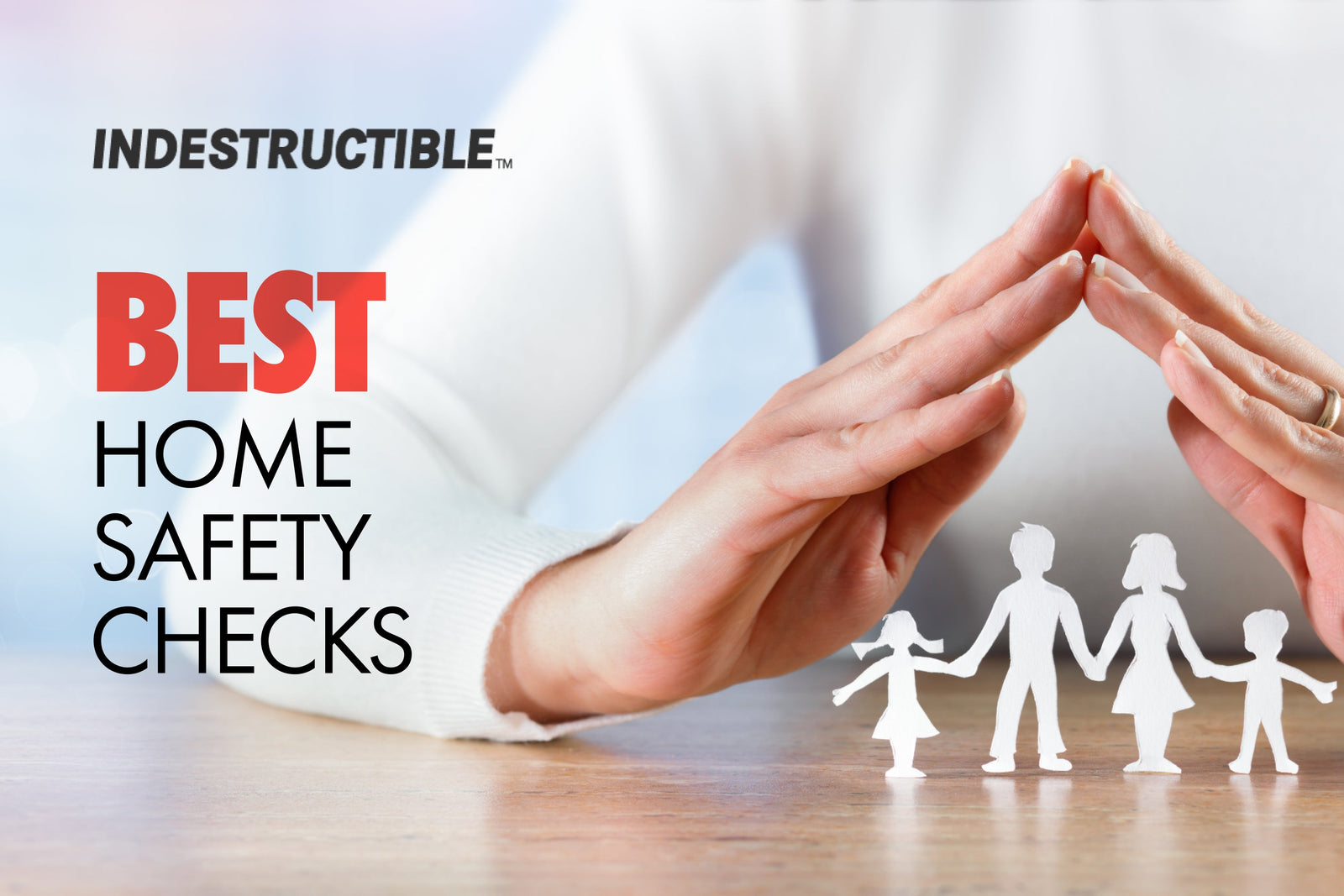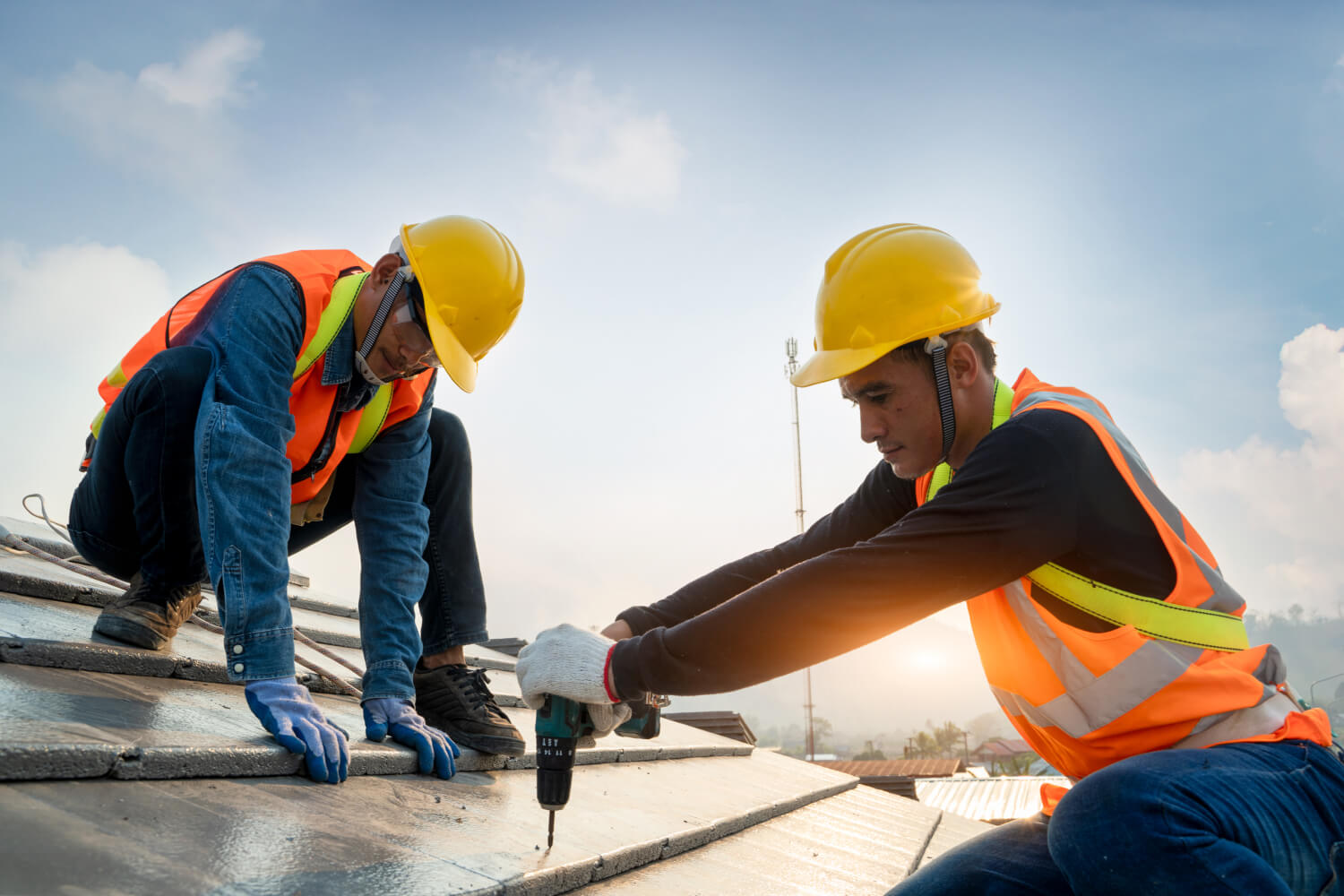Start 2022 off right with these 4 home safety routines.
Your home is your family's sanctuary from the outside world and your biggest, most important investment. Setting a goal now to complete these routine maintenance tasks is the perfect way to start the new year right.
Create a Habit of Safety
Keep your home running smoothly and safely with simple routine home maintenance. When you stay on top of checking your house, you can reduce the number of costly repairs you'll have to make.
You'll find a sense of pride in making your home look its best. Routine checks will help minimize the risk of fire and other hazards to your family.
Here are four critical home maintenance tasks you should do each month. Devote half an hour once a month for these checks and protect your investment.
- HVAC System Filters
- Kitchen Sink Disposal
- Range Hood Filters
- Fire Extinguishers

HVAC System Filters
Taking care of your HVAC system is one of the most important things you can do. You help keep allergens down for the allergy suffers in your home and help keep your energy bills low.
Unfortunately, many forget this simple task and risk higher energy bills and future issues.
Once a month, inspect your filters and change them as needed. In some cases, you may only have to change them once per quarter, but you should at least inspect them monthly.
Knowing when to change your air filters.
The less expensive fiberglass filters should be changed out every 30 days, while the high-end pleated filters can last as long as six months. The size and type of the filter play a part in how long they last, as well as the level of your use.
The general rule is to change pleated air filters and furnace filters every 90 days. Keep reading to see if you may want to change them more often.
Believe it or not, indoor air may actually have more pollutants in it than the outdoors. If you have an allergy or asthma sufferer in your home, you'll want to change your filters every six weeks to keep your indoor air quality at its best.
Pets shed hair, and that hair makes it to the filter. If you have pets, you'll want to change your filters every two months.
Children are more susceptible to indoor air quality. If you have young children in your home, you'll want to change your filters every 2-3 months.
Other factors to consider:
- If you live in a mild climate, your filters will get less dirty, whereas if you're running your system constantly, your filters may need changing as often as every few weeks.
- Your home's size and appliance size may cause your filters to need changing more often.
- If you live in an area with poor outdoor air quality, you will need to replace your filters more often.

Why is your HVAC air filter so important to home maintenance?
Checking your air filters and furnace filters once a month and changing them promptly when they get dirty is crucial to increasing the effectiveness of your HVAC system and avoiding costly repairs later on.
Dirty, clogged air filters will:
- Increase the risk of HVAC malfunctions and equipment damage.
- Wear out your HVAC system more quickly.
- Fail to remove air pollution as effectively as they should.
- Create build-up in your ductwork.
- Increase your energy bills.

Your Kitchen Sink Disposal
No one enjoys a stinky kitchen. You go to the trouble of cleaning your floors, washing your dishes, and taking out the garbage to avoid noxious smells.
Yet, the kitchen sink disposal is often forgotten until it stops working. This convenient tool is a significant source of unwanted odors in the house.
Setting aside a few moments each month to clean it will help keep your house fresh and keep the device running at peak performance longer.
Here is a quick way to clean and freshen your disposal:
- Pour ice into the disposal.
- Turn on the disposal and pour white vinegar into it.
Don't forget to clean the splash guard with a scrub brush and dish soap, or your favorite cleaner too.
Tip: Don't throw away your citrus peels. Use them to freshen the garbage disposal between your monthly maintenance. Remove some of the white pith from the peels and chop them into strips. Feed a few strips at a time through the grinder while running cold tap water.

Your Range Hood Filter
The range hood does a lot of heavy lifting in your kitchen. It sucks up odors away from your cooking area and vents them outside. A filter traps grease and dirt, keeps debris out of the ductwork, and avoids fire hazards.
Many homeowners don't even realize range hoods have filters.
You'll want to clean this filter once a month. If you haven't cleaned yours and it's been there for a long time, it may be time to get a new one in.
Regular cleaning will extend the life of your range hood filter. If you don't clean it, it will clog up, and the air in your kitchen won't circulate properly. In turn, you'll have a more difficult time keeping other surfaces in your kitchen clean.
Without a range hood running in your kitchen, the grease, heavy air, and smells get trapped in your kitchen. Your cabinets, floor, and other areas will be sticky and greasy.
That layered on grease is a major fire hazard.

Your Fire Extinguishers.
You have fire extinguishers in your home, right? If not, leave now and go get them. It's that important!
Make time each month to make sure you and your family are aware of how to safely handle fires.
Once a month, inspect your fire extinguishers:
- The gauge shows adequate pressure.
- Check the expiration date on the back.
- They have no signs of wear and tear.
Replace any that don't fit the above.
Check to make sure you have your extinguishers mounted securely but can be easily removed.
Make sure you have the correct types of fire extinguishers in the right spots.
Class A Fire Extinguishers are for fires of materials such as firewood, plastic, cloth, and paper. These are best near fireplaces.
Class B Fire Extinguishers are for combustible gas or liquid, such as gasoline, ethanol, or propane. These are best suited for workshops and garages.
Class C Fire Extinguishers are designed for electrical fires. (Never use water on an electrical fire.)
Class D Fire Extinguishers are ideal for flammable metals.
All-purpose Fire Extinguishersare labeled "ABC" to handle multiple types of fires and are suitable for the home.
Make sure everyone in the house knows where they are and how to use them. Also, make sure everyone understands how to tell if a fire extinguisher cannot contain the fire.
It's more important that everyone escapes safely in these instances.
Creating a home maintenance check routine is one of the best things you can do for your home and your family. Your home will run more smoothly, you'll keep your costs down, and your family will be safer.
January is also a month of snow for many areas. Be sure to keep an eye on your home’s structure for any warning signs of damage or future issues.
Here are some more checks you can fit into your regular routine:
Check your toilets and sinks.
Even small leaks can add up to hundreds of dollars per year. Make it a habit to check your plumbing for any leaks now to save big headaches later on.
Check your tubs and showers.
Grout and caulking can get voids or cracks in them. Touch them up to make them look nice and avoid water seepage, which can lead to expensive repair needs.
Test your detectors.
Each month, test your smoke and carbon monoxide detectors and make sure to change the batteries every six months.
Prevent clogged drains.
Run hot (almost boiling) water down the drain to loosen any potential clogs on a weekly basis. Use a plug strainer to catch any stray food particles before they go down the kitchen drain and avoid disposing of unflushable items down the toilet.
Check for Icicles and Ice Dams.
Walk around outside to look for places where your house is at risk from melting ice. As it melts, water can run into your roof and cause leaks or major damage to your home's structure.
After a Big Storm.
Regularly check to make sure that no snow is covering the home's exhaust pipes. Many people lose their lives each year to carbon monoxide poisoning because of this. While you're out checking yours, check your neighbor's pipes too and help look out for each other.
Heavy snow and older homes.
Most newer homes can handle deep snow loads, but some older ones can't. Make sure your house isn't under a heavy snow load, and use a snow roof rake to remove some of the snow if it is.

